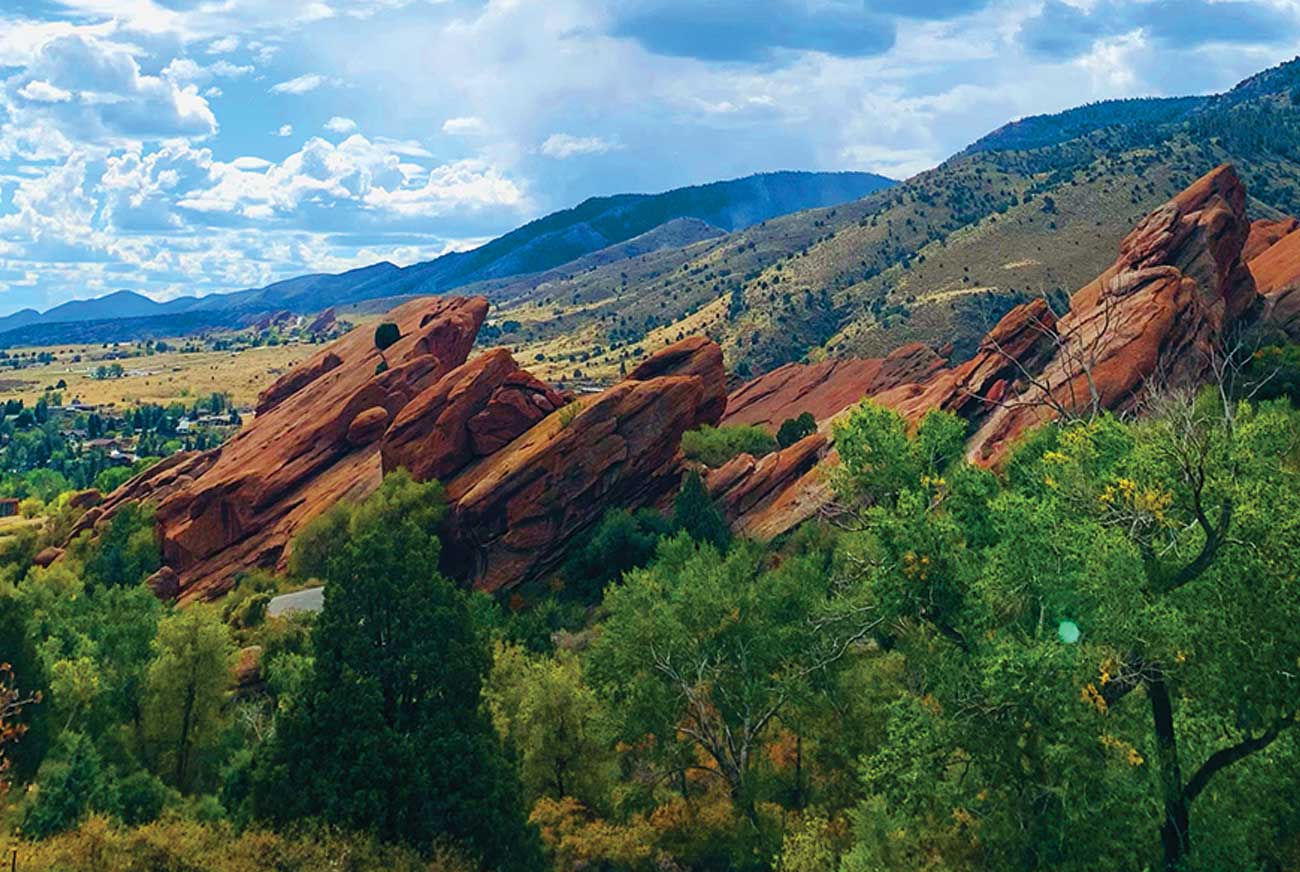
Known for its breathtaking scenery, world-class skiing, and vibrant local culture, Denver is one of Colorado’s most popular hiking destinations. This colorful city boasts an array of fantastic restaurants, breweries, art galleries, and historical sites in addition to its proximity to the Rocky Mountains. Another attractive feature of the area is the many beginner-friendly guided hikes; However, if you’re planning a more challenging trek at a higher altitude, there are several things to remember.
What is High-Altitude Hiking?
For the most part, physically active people can usually ascend to about 8,000 feet without many difficulties. However, after that, you have entered the territory of what is considered “high-altitude hiking.” Considering Denver is already situated at 5,280’ in elevation, it’s no wonder there are so many amazing high-altitude hikes nearby. Looking for a beginner-friendly hike near Denver? Take a full-day hiking tour of the Rocky Mountains with an expert guide! If you’re preparing for your own high-elevation adventure, here’s what you should keep in mind:
Hydration is Key
When hiking at higher elevations, it’s crucial to make sure you are staying hydrated. Anywhere above 5,000 feet in elevation, a person's heart rate and breathing will increase due to there being less oxygen in the air. This means your body has to work harder. The climate at higher altitudes is also more arid, causing hikers to sweat, making it more difficult to notice dehydration. We recommend bringing plenty of water with you for your hike in Denver and staying vigilant for signs of dehydration, such as fatigue or dry mouth. Take frequent breaks, go slow, and preemptively hydrate before you feel thirsty!
What to Eat Before High-Altitude Hiking in Denver
A challenging hike can put your body under a lot of stress. It’s a good idea to eat well and ensure you’re giving yourself enough nutrients and calories to stay energized for your adventure! Make sure you get enough carbs, including simple and complex sugars, so you can have sustained energy throughout your day in the mountains. We recommend fresh fruits such as bananas and apples, whole grains like oatmeal, sweet potatoes, and granola bars. Pasta is a popular pre-hike and post-hike option as well! Bring along some of your favorite healthy snacks to enjoy along the way and keep your energy levels up for the duration of the hike. Looking for a fun, family-friendly hike near Denver? Take a guided hike of Red Rocks National Park, with a delicious local breakfast burrito included, plus a stop for coffee so you can fuel up for your amazing journey!
Wear Sunscreen and Protect Your Skin
Did you know that UV rays can be more harmful at higher elevations? That’s why it’s essential to use a high-quality sunscreen when hiking in high-altitude environments. We recommend using a broad-spectrum sunscreen with an SPF of 50 or higher. Remember to reapply, especially if you’re working up a sweat! Hats, sunglasses, and long-sleeved shirts are also a great way to help keep your skin safe from the sun. Don’t let the cold weather fool you! The snow can intensify UV rays and contribute to sunburns. Plan ahead, bring extra sunscreen, and avoid an uncomfortable and possibly dangerous sunburn!
No Alcohol Before High-Elevation Hikes
There are many reasons why we recommend avoiding alcohol consumption before and during a challenging hike, especially at high altitudes. Even just a couple of drinks can make it more difficult for your body to acclimate to the change. We recommend abstaining from alcohol for at least the first two days at elevation, and if you choose to drink, do so sparingly. Alcohol also dehydrates you, so if you are drinking, make sure you’re pairing it with extra water, as alcohol can make it harder to spot the early signs of altitude sickness.
What is Altitude Sickness?
Altitude sickness occurs when someone ascends too quickly in altitude and doesn’t give their body adequate time to adjust to the change in oxygen levels and air pressure. Some of the symptoms include headache, dizziness, fatigue, nausea, loss of appetite, and shortness of breath. Taking care of your body before and during an intense hike is essential to preventing altitude sickness. Take your time, take lots of breaks, and make sure you are checking in frequently with your body. Even experienced hikers, who sometimes tend to push themselves a bit too hard, can experience altitude sickness, so don’t overdo it! First time hiking in Colorado? Take a private tour near Denver with an expert hiking guide and get the best views of the Rocky Mountains.
See the Beauty of Colorado on a Guided Hiking Tour Near Denver
Experience the incredible summits and sights of the Rocky Mountains with Aspire Tours! We offer top-rated guided hiking and brewery tours in Denver, plus unbeatable Denver sightseeing tours, Denver food and beer tours, and more! Want to book a challenging hike alongside an experienced guide? We can make it happen! Contact us today to schedule a private hiking excursion in Denver, CO!







.png)


